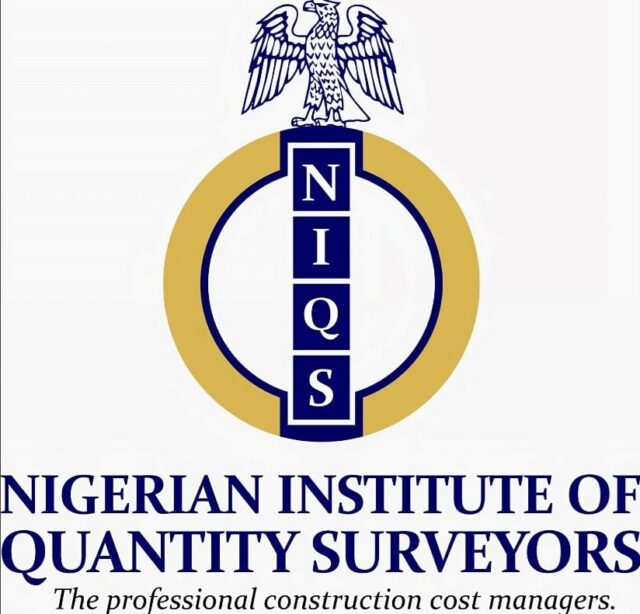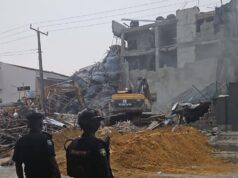The Nigerian Institute of Quantity Surveyors (NIQS) has raised alarm over the growing impact of corruption and poor policy implementation on Nigeria’s mortgage system, warning that these challenges are making homeownership an impossible dream for many citizens.
Speaking during a press briefing in Lagos to mark the institute’s golden jubilee, NIQS General Secretary, Azeez Ayodabo, urged the Federal Government to urgently review its housing and mortgage policies to make them more inclusive and affordable.
Ayodabo said mortgage access must be tied to citizens’ income levels, not uniform schemes that favour only the wealthy. “It’s unrealistic to advertise a three-bedroom maisonette for civil servants on level six or seven,” he noted, suggesting that housing schemes should be categorised into bungalows, flats, terraces, and duplexes, depending on income brackets.
He also revealed that lack of transparency and corruption have eroded trust in Nigeria’s mortgage system. “Between 2006 and 2009, many developers diverted funds meant for affordable housing projects. Some received government loans to build three-bedroom homes for N7.5 million but never delivered, even after subscribers had started mortgage deductions,” Ayodabo said.
The NIQS scribe stressed that both government and citizens must take responsibility for reviving the system. He also highlighted the critical role of quantity surveyors in ensuring quality control and cost management across construction projects.
“The mistake many make is sidelining quantity surveyors after the bill of quantities is prepared,” he explained. “Without QS supervision, projects suffer wastage and poor-quality materials. Engaging QS professionals ensures accountability, prevents cost inflation, and upholds building integrity.”
In his remarks, NIQS Lagos Chairman, Rilwan Balogun, called for greater involvement of quantity surveyors in national infrastructure projects beyond building construction, including oil and gas, transport, and engineering sectors.
Balogun said Nigeria’s development goals under the Renewed Hope Agenda cannot succeed without the technical discipline that QS consortiums bring to project design and implementation. He also cited the Lagos–Calabar Coastal Highway as an example of how early involvement of QS experts could have prevented controversies over inflated costs and lack of transparency.
“The globally recognised document for cost management is the Bill of Quantities, not the Bill of Mechanical and Electrical used locally,” he added, explaining that the BOQ ensures precise cost control and limits deviations to less than five percent.
On the recurring cases of building collapse, Balogun stated that QS professionals play a preventive role by specifying quality standards and materials. He called on the government to mandate submission of BOQs during building approvals to assess both cost and developer capacity before project execution.
Deputy Chairman, Femi Falusi, added that the rise of technology has led to increased encroachment by unqualified persons using digital tools meant for professionals. He urged government regulators to enforce a policy requiring all cost estimates and bills of quantities to be prepared and stamped by registered quantity surveyors.
“As we embrace digital transformation, QS professionals must upskill and adapt to new tools to remain competitive and relevant,” Falusi said.
The institute reaffirmed its commitment to promoting transparency, professionalism, and innovation in Nigeria’s built environment while urging the government to restore integrity to the housing and mortgage system for the benefit of all Nigerians.




